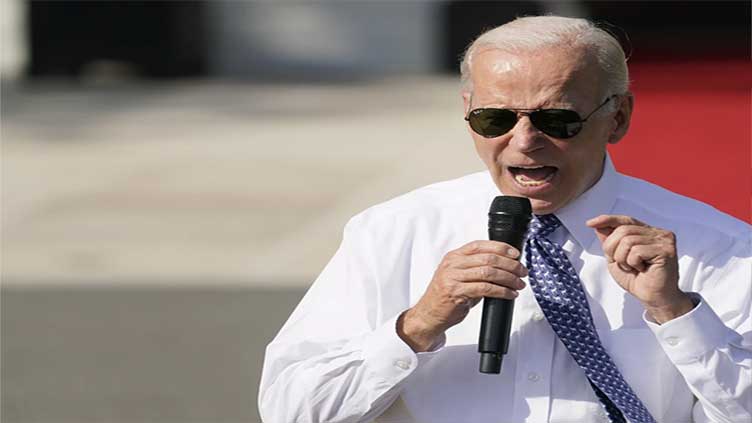US employers added a surprisingly strong 336,000 jobs in September in a sign of economic resilience

Business
US employers added a surprisingly strong 336,000 jobs in September in a sign of economic resilience
WASHINGTON (AP) — The nation’s employers added 336,000 jobs in September, an unexpectedly robust gain that suggests that many companies remain confident enough to keep hiring despite high interest rates and a hazy outlook for the economy.
Hiring last month jumped from a 227,000 increase in August, which was revised sharply higher. July’s gain was also healthier than had been initially estimated. The economy has now added an average of 266,000 jobs a month in the past three months. The sustained strength of the labor market makes it likelier that the Federal Reserve will raise its key rate again before year’s end as it continues its drive to tame inflation.
Friday’s report from the Labor Department showed that the unemployment rate was unchanged at 3.8%, not far above a half-century low.
On the one hand, Fed officials, including Chair Jerome Powell, have stressed that inflation remains too far above their 2% target and that another rate hike might be needed to slow it to that level. At the same time, several Fed policymakers have underscored that they want to be careful not to raise borrowing rates so much as to trigger a deep recession.
After a period in the spring when traders seemed to expect the Fed to reverse course and cut interest rates soon, the financial markets now recognize that the central bank will keep its key rate elevated well into 2024. That’s one reason why the yield on the 10-year Treasury note has surged since July, reaching a 16-year high this week before slipping to 4.7% Thursday.
The 10-year yield is a benchmark rate for other borrowing costs, including mortgages, auto loans and business borrowing. The average rate on a fixed 30-year mortgage jumped to nearly 7.5% this week, the highest level in 23 years. The higher yield has, in turn, punished stocks: The S&P 500 stock index has tumbled 7.2% since late July.
Goldman Sachs has estimated that the economy’s growth in the current October-December quarter could slow to an annual rate as low as a 0.7%, sharply below a roughly 3.5% pace in the July-September quarte

